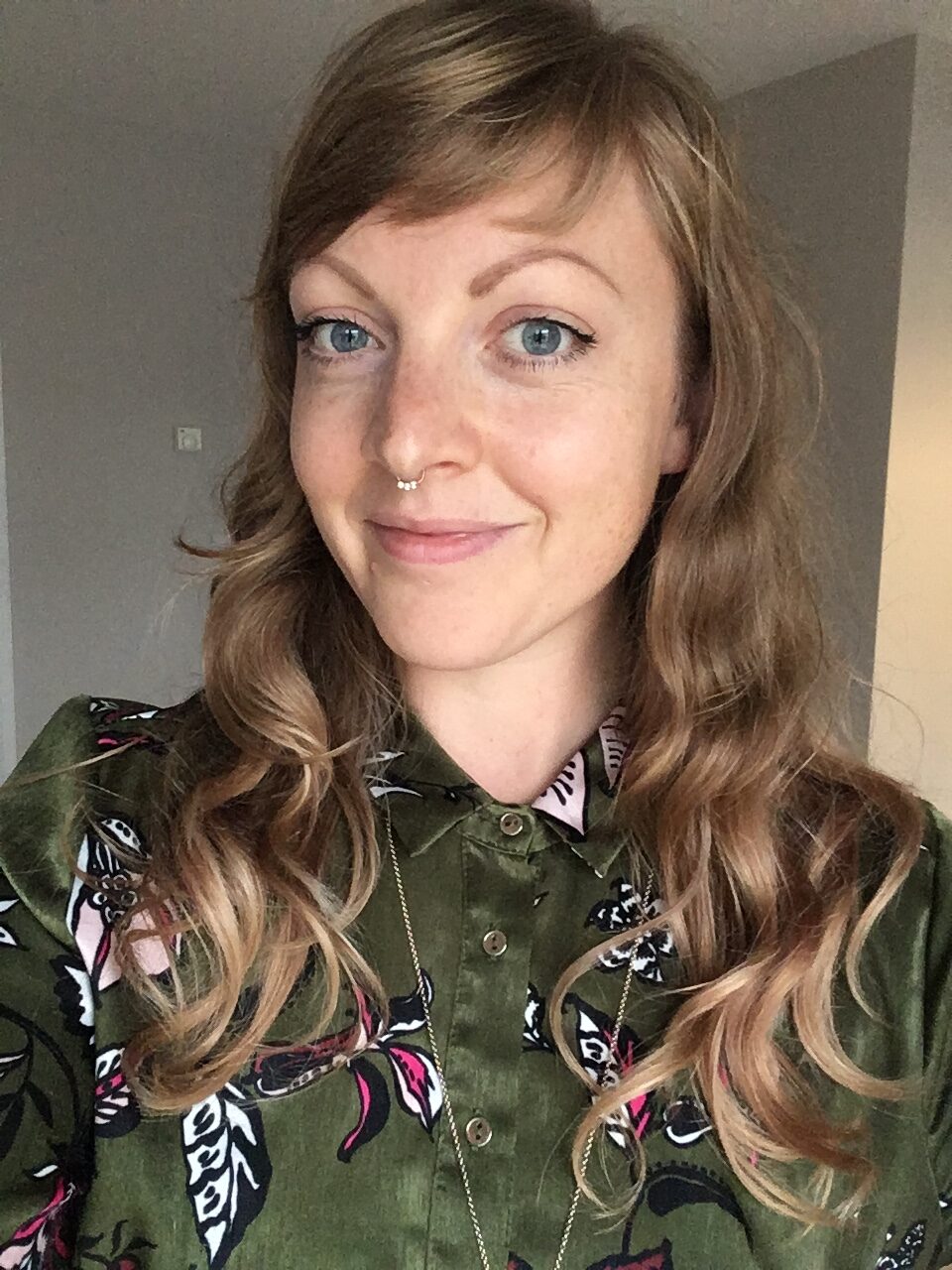Many of us live a life of mild but permanent stress and are oblivious to the negative effects on our health. Technological advancements, while they try to improve our lives, create stressors our ancestors did not have to deal with.
We no longer need to hunt for food or run from predators. But we’re wired the same way as our ancestors. The “fight or flight response” triggered by our adrenal glands has the same effect, no matter what kind of stress we experience.
Our bodies process all stresses in the same way whether we are running away from a sabre-toothed tiger or we’re dealing with work-related pressures.
This is where rest, relaxation and sleep help calm our nervous systems. The parasympathetic nervous system of rest and digestion helps control the surge of hormones from our adrenal glands we need in times of stress.
Cortisol, Stress, & Adrenal Fatigue
People that live in a constant state of stress produce higher levels of cortisol and adrenaline. Over-production of these hormones depletes the body of its reserves and results in burnout. Extreme fatigue and vulnerability to illness follow.
Your adrenal glands produce hormones such as oestrogen, progesterone, steroids, cortisol, and cortisone, and chemicals such as adrenaline, norepinephrine, and dopamine. When external forces cause the glands to produce more or less of these hormones than the body needs, conditions for disease occur.
The Nervous Systems Of the Body
The parasympathetic nervous system controls homeostasis and the body at rest. It is responsible for the body’s rest & digest function.
The sympathetic nervous system, on the other hand, prepares the body for intense physical activity. In moments of stress, the autonomic nervous system shuts down. Your digestive functions are part of this system. Consuming food, while the autonomic nervous system is inactive, can cause bloating, discomfort, and maldigestion.
If your body is not properly able to digest your food, you cannot extract nutrients from the food. Food also sits in your stomach for longer where it ferments and causes bloating, gas, constipation, reflux or diarrhoea. There’s also the risk of damage to the gut wall, which can lead to serious health issues such as a food intolerance or food allergy.
The Busy Trap
Our busy lifestyles create an atmosphere of over-productivity. We must always be seen to be doing something. We do not take time to rest and simply do nothing.
But we need to treat ourselves with respect. Taking care of our bodies and our mental health is more important than taking care of business. Our brains can’t function properly if we are always mindlessly busy. Lack of concentration and mental clarity are symptoms of the busy person’s lifestyle.
We all need a break to rest, sleep, heal and come back to a calmness. We’re then better prepared to be as productive as our lives demand. Without sufficient rest periods, our minds and bodies function at half capacity.
Sleep Problems & Productivity
Scientific studies back up the counterintuitive notion that to be more productive, we should be less busy and get more rest. We can’t live without sleep. When we sleep, our bodies heal and grow. Sleep directly affects how we look, feel and perform daily.
The Life-changing Benefits of Deep Mind Relaxation
Sara Lazar, a neuroscientist, was one of the first scientists to study the effect of meditation on the brain, using brain scans. The results show that deep relaxation can radically change the brain. One of the potential benefits is a reduction in Alzheimer’s disease risk. Deep relaxation induces calmness, promotes feelings of empathy and caring for others around you.
Adequate rest, relaxation and sleep can enhance your physical & mental performance. Allowing yourself some time away from work and activity will make you more productive and help you achieve more. Adequate rest is as important as a healthy diet and an exercise regime. It’s a type of self-care that everybody needs.
One of the best tips I give to my clients is to aim for 20mins of “me” time every day. The aim is to de-stress and unwind. I tell them to choose activities that are not too stimulating.
If you’d like to try, choose any of these activities as a starting point:
- Gentle yoga
- Gentle walks in nature
- Tai Chi
- Stretching
- Deep Breathing
- Meditation
- Soothing Bath
- Foot bath
- Colour therapy
- Gentle music
- Massage/Reflexology
- Being with animals
- Lying/sitting in nature
- Being creative – knitting/crochet/drawing/painting
- Legs elevated, lying flat and do nothing!

Rachael Jordan is the founder of Bia Beo.
She is a qualified Nutritional Therapist and Herbalist. Rachael helps people take control of their health by recommending appropriate treatment plans based on nutrition, herbal medicine and lifestyle changes.



